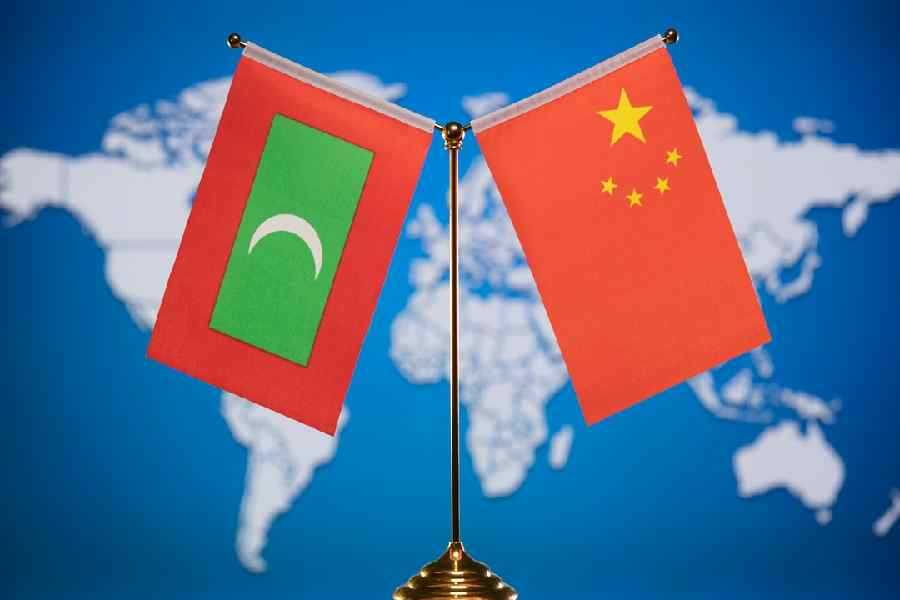
Posted On : Dec 4 2024
South Korea`s Intelligence Agency: A Brief Overview of Its History, Functions, and Challenges
South Korea's intelligence agency, the National Intelligence Service (NIS), plays a pivotal role in safeguarding the nation's security. Established in 1961, the NIS has evolved over the decades, adapting to changing political climates and security challenges. This article delves into the history, functions, and contemporary issues facing the NIS.
Historical Background
The NIS was originally founded as the Korean Central Intelligence Agency (KCIA) under President Park Chung-hee. Its creation was influenced by the need to consolidate intelligence efforts and maintain internal security during a period marked by political instability and threats from North Korea. The KCIA quickly gained a reputation for its extensive surveillance and intelligence-gathering capabilities, but it was also criticized for its involvement in political repression and human rights abuses.
In 1981, under President Chun Doo-hwan, the KCIA was reorganized and renamed the Agency for National Security Planning (ANSP). This change aimed to distance the agency from its controversial past and refocus its efforts on external threats. However, the agency continued to be involved in domestic political affairs, drawing criticism for its lack of transparency and accountability.
In 1999, as part of ongoing democratic reforms, the agency was renamed the National Intelligence Service (NIS). This rebranding was accompanied by efforts to professionalize the agency and enhance its focus on national security and intelligence operations.
Functions and Operations
The NIS is responsible for a wide range of activities aimed at protecting South Korea's national security. Its primary functions include:
- Counterintelligence: The NIS works to prevent espionage and other intelligence activities conducted by foreign entities, particularly North Korea. This involves monitoring and countering infiltration attempts, as well as identifying and neutralizing espionage networks.
- Counterterrorism: In the wake of global terrorism threats, the NIS has taken on an active role in identifying and preventing terrorist activities within South Korea and against South Korean interests abroad. This includes intelligence-sharing with international partners and conducting operations to disrupt terrorist networks.
- Cybersecurity: As cyber threats have become more sophisticated, the NIS has developed capabilities to defend against cyberattacks and cyber espionage. This involves both defensive measures to protect critical infrastructure and proactive efforts to identify and mitigate cyber threats.
- Intelligence Gathering and Analysis: The NIS collects and analyzes intelligence on a wide range of issues, including military developments, political movements, and economic trends. This intelligence is used to inform government decision-making and policy formulation.
- Support for National Security Policy: The NIS provides critical support to the South Korean government in the formulation and implementation of national security policies. This includes advising on security strategies and coordinating with other government agencies.
Challenges and Controversies
Despite its crucial role, the NIS has faced numerous challenges and controversies throughout its history. These include:
- Political Interference: The NIS has often been accused of meddling in domestic politics, particularly during authoritarian regimes. Efforts to reform the agency and ensure its neutrality have been ongoing, but suspicions of political bias persist.
- Human Rights Concerns: Past abuses, such as surveillance of political dissidents and involvement in human rights violations, have tainted the agency's reputation. Reforms have been implemented to address these issues, but the legacy of past actions continues to affect public perception.
- Balancing Security and Privacy: As with many intelligence agencies worldwide, the NIS faces the challenge of balancing national security needs with individual privacy rights. Ensuring transparency and accountability while maintaining effective intelligence operations is a delicate task.
- North Korean Threat: The ongoing threat from North Korea remains a primary concern for the NIS. The agency must continuously adapt to the evolving tactics and capabilities of North Korean intelligence and military operations.
- Technological Advancements: Rapid technological advancements present both opportunities and challenges for the NIS. While new technologies can enhance intelligence capabilities, they also require ongoing adaptation and investment to stay ahead of potential adversaries.
Conclusion
The National Intelligence Service of South Korea is a critical component of the nation's security apparatus. Its evolution from th3e KCIA to the NIS reflects broader changes in South Korea's political landscape and security environment. While the agency has made significant strides in professionalizing its operations and addressing past abuses, it continues to face challenges related to political interference, human rights, and technological advancements. As South Korea navigates an increasingly complex security landscape, the role of the NIS will remain vital in protecting the nation's interests and ensuring its security.
No Comments Added




















